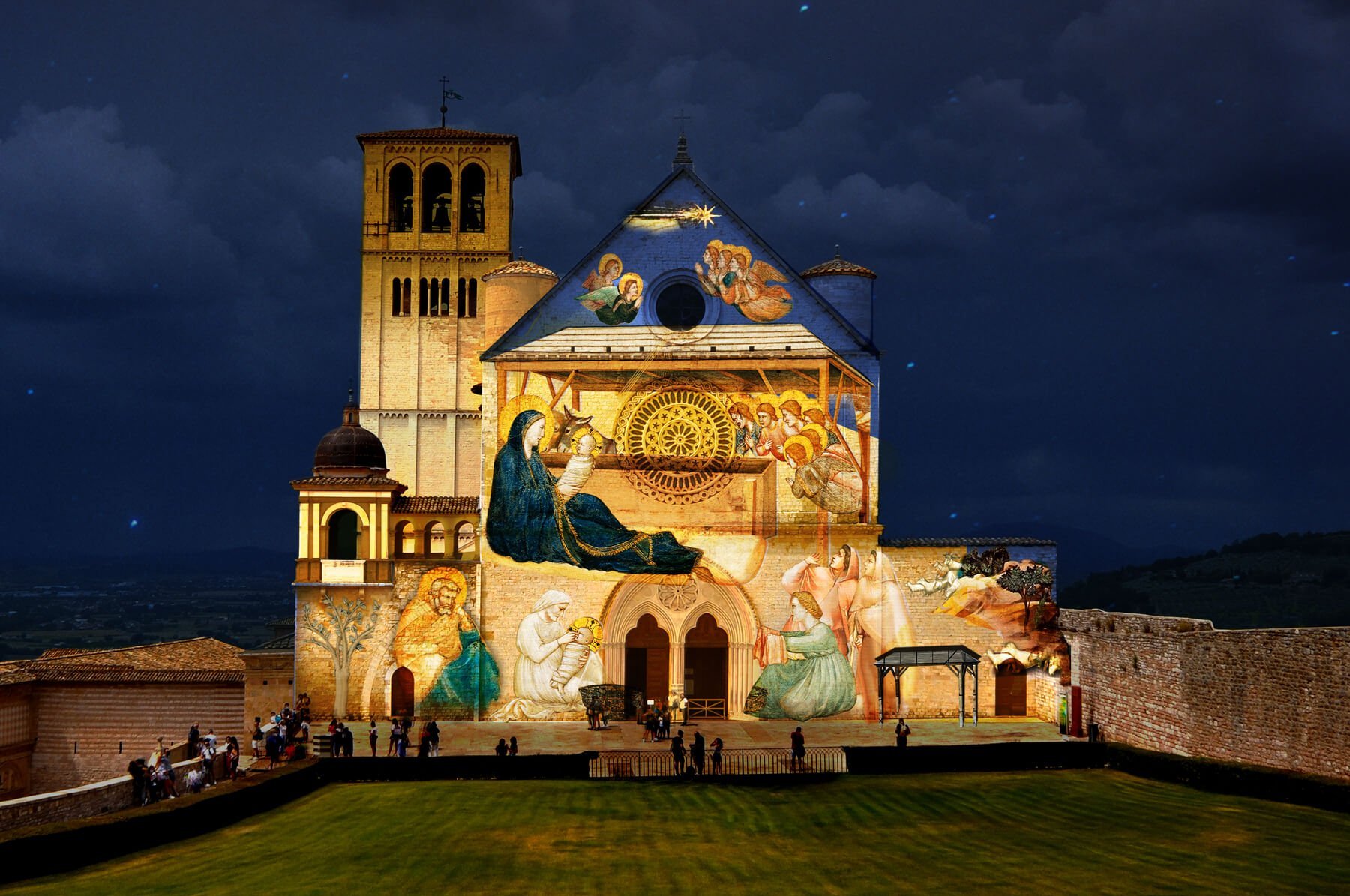Royalty and divinity entered our world in both humility and simplicity. Christ was born not in splendor, but in modesty and struggle. Some 2,000 years ago, Mary gave birth not among the courts of King Herod in Jerusalem with their hosts of regal persons of status, but to the chorus of livestock, in the lowly, little town of Bethlehem. Such origins may not seem fitting for one destined to be the savior of humanity, much less God’s own Son. Even so, the Messiah’s arrival was not meant to satisfy or impress the proud and hard of heart. Instead, God chose to reveal Himself in the ragged, impoverished, and unclean state of a manger, particularly for those of ordinary means and common inheritance. Christ came to be a king from the lowest to the highest, for all of humanity. His reign is one of self-sacrifice rather than of hedonism. In His kingdom, ‘Many who are first shall be last and the last first’ (Matthew 19:30-20:16).
In light of these considerations, I’d like to reflect on what we have come to call the Nativity scene, which is so often displayed during the season of Advent. The shocking nature of God’s entrance into the world is perhaps lost upon many of us as we have become so accustomed to the familiar narrative from the Gospels and the imagery that it evokes. In many ways, the Nativity is indicative of the messy humanity that Scripture is never afraid to portray or censor. Consider the history of Israel and the numerous descriptive instances of their failures and sins. The authors of the Hebrew scriptures did not hesitate to highlight the flaws of their people, their kings and their leaders. In doing so, we see the portrayal of authentic humanity.
In many regards, the Gospel writers echo this tradition. Unflinchingly, Matthew details the slaughter of every male child under the age of 2 in Bethlehem by the cruel order of King Herod. a man driven by fear and selfish ambition (Matthew 2:16-18). It is difficult, even uncomfortable, to imagine that such a terrible crime was part of the Nativity story. Yet, is it not sadly reflective of human history and thus unsurprisingly intertwined with the onset of the incarnation, which ultimately implicates humanity for our rejection and crucifixion of God Himself? In short, the Gospel’s description of Christ’s birth is utterly human, a kaleidoscope of emotions and themes from tragedy to triumph and sorrow to joy. The human condition is not celestial, absent of suffering and tribulation. The God of Creation chose not to privilege Himself and remain hidden from humanity. Instead, God became human and allowed Himself to be shamed, dishonored and killed by the very people He desired to call His own.
The Nativity scene foreshadows and depicts the drama of human history. That which has already played out and that which has yet to come. It reminds us all of our humanity, of which we should never be ashamed of nor naïve about. Because of this, we should live with both humility and hope. Humility, as a recognition of our shared broken nature and the universal fellowship that we have with all our brothers and sisters, rich or poor. Hope, as the state of expectation, presently and eschatologically for the redemptive power Christ initiated over us now and ultimately upon His return.
It is of course no accident that Saint Francis of Assisi is considered to have begun the tradition of constructing and displaying Nativity scenes in the 1200’s. The Italian friar, was a man not unfamiliar with the trappings of prosperity, passion and pleasure during his younger days, as the son of a wealthy, aristocratic family and a military man. But early on, he found that such pursuits and endeavors left him ultimately unsatisfied and searching for more. As his disposition in life evolved, he had a mystical encounter with Christ which marked the final turning point in his life. From that point onwards the life of Francis could be seen to emulate all of that which the Nativity scene represents; charity, humility and communion with God, nature and each other.
This Christmas, let us strive to be remember that the dividing wall between the divine and human was broken at Jesus’ birth. The significance of this event should echo into every crevasse of our being as we celebrate God with us and within us!
Merry Christmas!!

